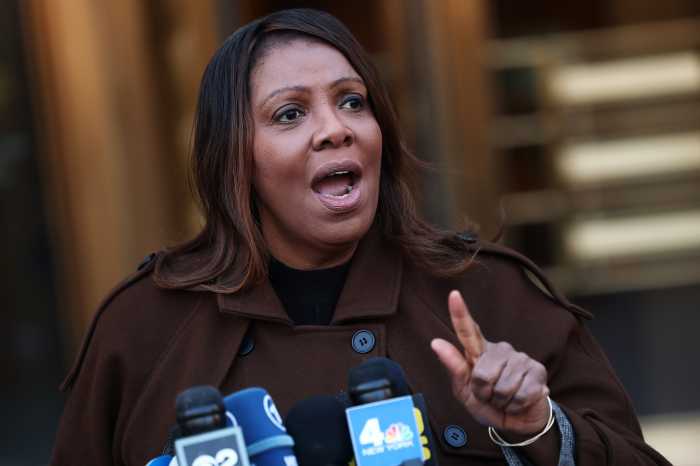Haiti’s presidential council has sent two key documents to Caribbean leaders for perusal as they attempt to put the final touches on preparations to run the strife-torn country as an interim government at least until general elections late next year.
The documents were delivered to current bloc chairman and Guyanese President Irfaan Ali late Sunday and will be translated and circulated to the extended CARICOM Bureau of prime ministers for review before being passed on to outgoing Prime Minister Ariel Henry to his base in exile in Puerto Rico. Henry has been holed up there in the past month after trips to Guyana and Kenya because heavily armed gangs controlling large parts of the capital have threatened to kill him and have basically shut down the main airport in the city.
The documents include a political accord explaining the nature of the nine-member council, how it will function, its creation and objectives. The decree on the other hand has to be published in the country’s official gazette to allow the council to operate legally.
Regional officials have not hidden their growing frustration with the council about the lack of speed in completing their part of the process as gangs strengthen their grip on the country and as countries which have pledged to send police officers and troops to help stabilize Haiti are complaining about the delays and the mental strain on those who have been prepared and trained for the mission.
And now that the documents are in, the bureau and the three members of the Eminent Persons Group (EPG) and other stakeholders are set to meet virtually this week to finalize the arrangements to facilitate the establishment of an interim government.
Once this is done, Henry, who had succeeded President Jovenel Moise after his July 2021 assassination, will step down as prime minister after transmitting the approved documents to the council. He was never elected nor sworn in as PM but had been identified by Moise to be his PM so he has no real legal standing. The EPG comprises of Kenneth Anthony of St. Lucia, Perry Christie of The Bahamas and Bruce Golding of Jamaica. They have visited Haiti several times since mid-last year and also hosted dozens of stakeholders in Jamaica.
Once installed and sworn in, the council will choose a prime minister and a president and get down to some very important tasks including sending formal invitations to the United Nations to deploy an international security force that would take on the armed gangs roaming the country. Various governments which have committed troops and police officers say they would not send any personnel unless there is a formal central authority to report to and to liaise with ground commanders. The interim government will also set up a security council that would oversee the stabilization of the nation of 11 million people.
And over the weekend, the transitional council issued a statement assuring Haitians that they are on track and would work assiduously on their behalf. It was signed off by all nine members.
“This agreement, which has been harmonized with the decree document on the organization and operation of the CPT, will be immediately signed by the stakeholders, and then the two documents will be officially transmitted to the government, via CARICOM, the body facilitating the dialogue process. The political agreement expresses a common vision of the transition constructed by the sectors and represents a responsible commitment to the Haitian people. It indicates the broad outlines of the road map for the transition period that the presidential council will be responsible for executing, jointly with the next consensus government, with the aim of putting the country back on the path to stability, peace, union and progress.”
The body said that the transition is based on values and principles such as inclusion, citizen participation, integrity, peace, respect and protection of the nation. The agreement also presents the mode of political governance of the transition as well as its mission, its vision and the main responsibilities of its institutional structures.


























